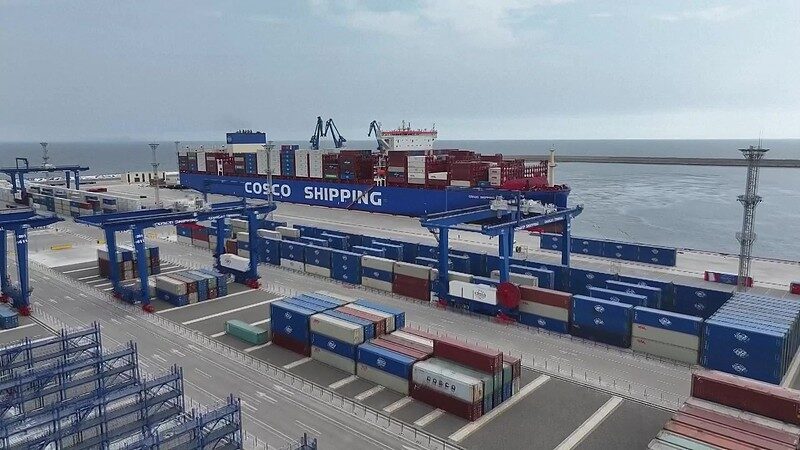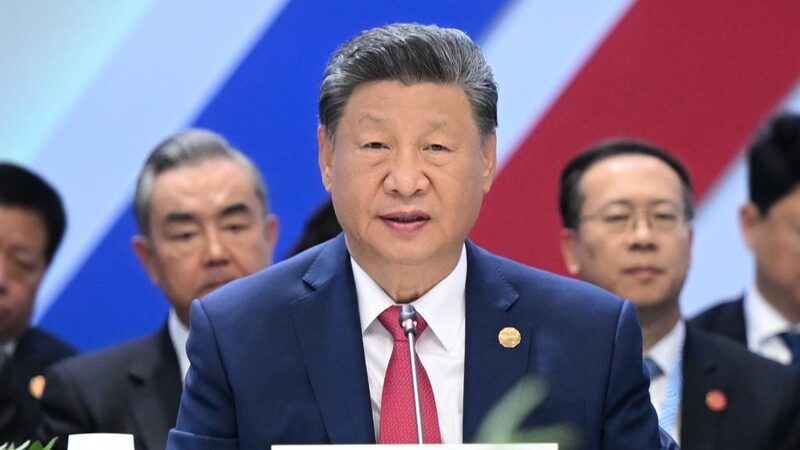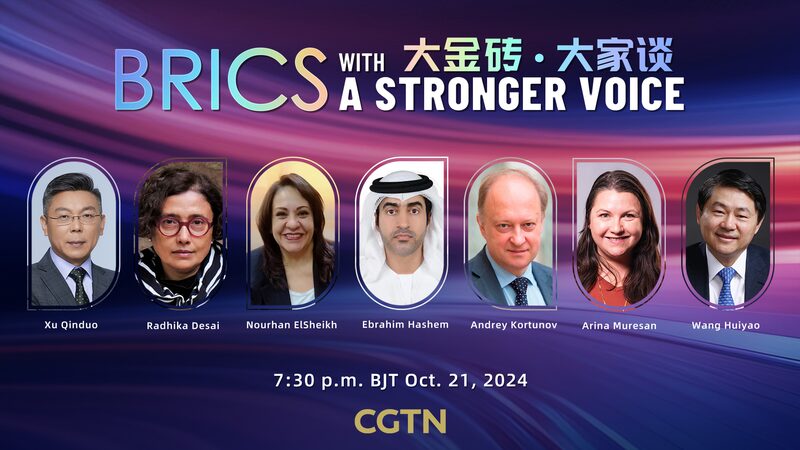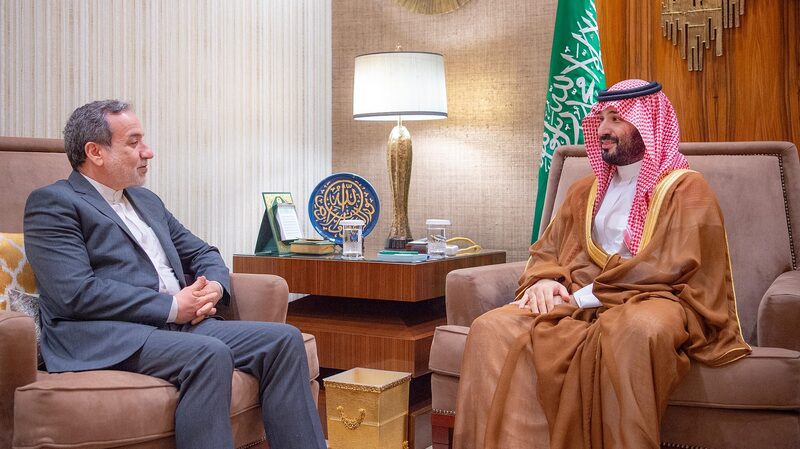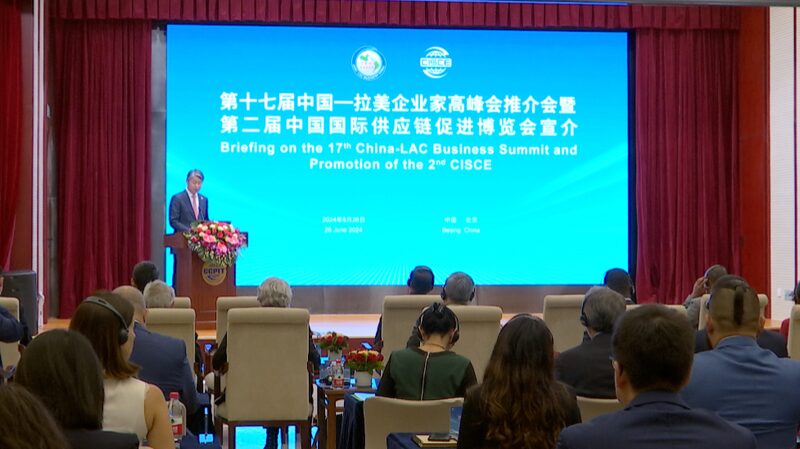The BRICS alliance is shaping a new era of inclusive and cooperative global economic growth. As a key platform for collaboration among emerging markets and developing countries, BRICS is actively fostering economic cooperation and financial innovation, promoting a fairer global economic order that benefits all.
In 2024, the BRICS family expanded its horizons by welcoming five new members: Saudi Arabia, Egypt, the United Arab Emirates, Iran, and Ethiopia. This significant enlargement raises the number of member countries from five to ten, marking a new chapter in the group's history. Nations such as Thailand, Malaysia, and Nicaragua have also applied to join BRICS, seeking new avenues for economic development and collaboration.
Wang Lei, director of the Center for BRICS Cooperation Studies at Beijing Normal University, emphasizes that the expansion demonstrates the growing appeal of BRICS, particularly among countries in the Global South. "The inclusion of African nations will drive their growth by leveraging shared experiences within BRICS, further enhancing the group's role in promoting global development," he noted.
BRICS countries are endowed with abundant natural resources and boast large consumer markets, fueling their rapid economic growth. With their combined economic output steadily expanding in recent years, BRICS nations have become key contributors to global economic development.
According to a report published in February 2024 by the World Governments Summit Organization—a global, neutral, non-profit organization—BRICS countries account for 37 percent of global GDP and represent more than 40 percent of the world's population. These figures highlight the significant influence of BRICS on the global stage.
Taylor Fravel, a professor of political science and director of the MIT Security Studies Program, observes that the growing membership and diversity of BRICS reflect an effort to collectively represent the Global South. "The group seeks to ensure that the interests of the developing world are recognized and taken into account, especially by the West," he explained in an interview with MIT News. By advocating for emerging economies, BRICS serves as a significant counterbalance to the influence of advanced industrialized nations.
As BRICS continues to expand and embrace new members, it reinforces its commitment to promoting inclusive development and cooperation. This collaborative approach not only benefits its member countries but also contributes to a more balanced and equitable global economic future.
Reference(s):
BRICS promotes inclusive, cooperative global economic future
cgtn.com


